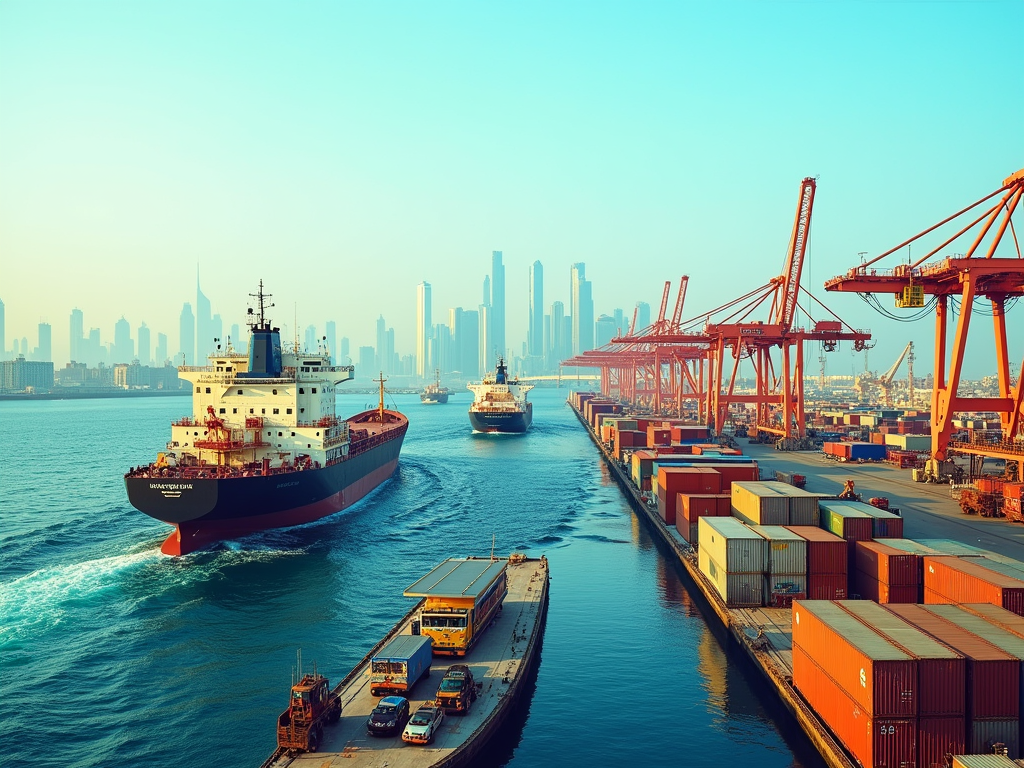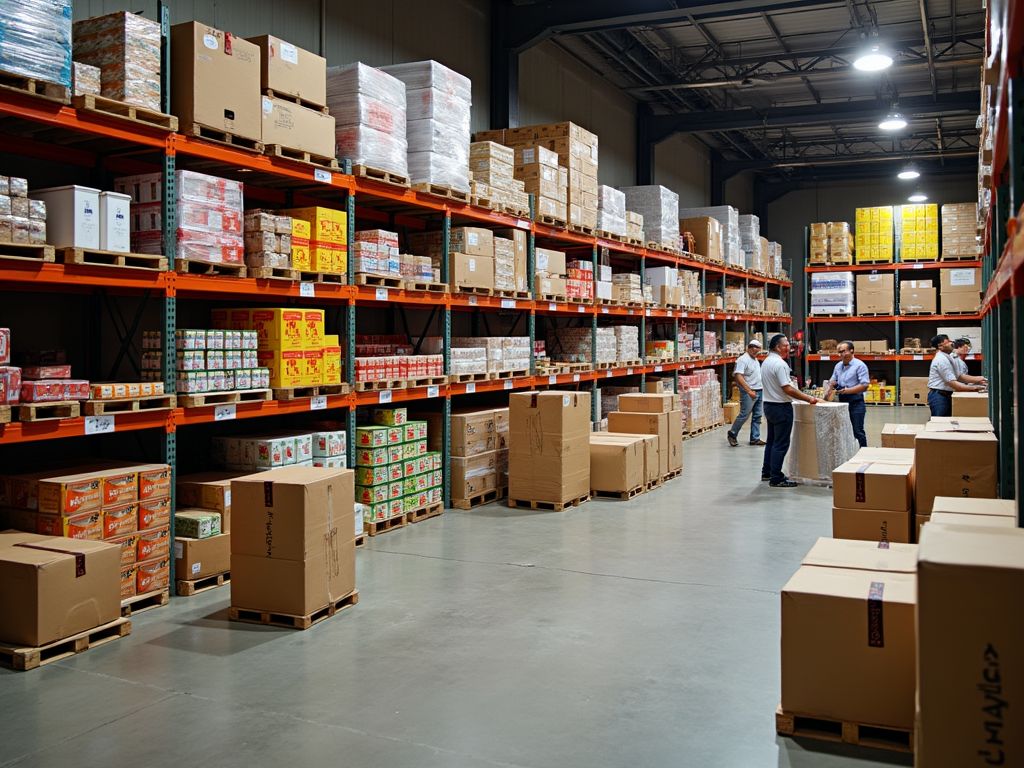
Dubai, with its strategic geographic location, excellent infrastructure, and robust economy, is a prime destination for setting up an import/export business. The city offers vast opportunities in trade, catering to both local and international markets. In this article, we will provide a comprehensive guide on how to establish and successfully run an import/export business in Dubai. From registering your business to understanding the regulatory framework, we’ll cover essential aspects that entrepreneurs need to consider.
Understanding the Market and Business Opportunities

Before launching your import/export business, it is crucial to understand the local market dynamics and available trade opportunities. Dubai serves as a trading hub for various sectors, including electronics, textiles, machinery, food products, and luxury goods. To help identify potential areas for growth, consider the following:
- Analyze consumer trends in Dubai and the wider UAE region.
- Evaluate demands for specific products both locally and globally.
- Research competitors and their offerings in the local market.
- Explore trade agreements that could benefit your import/export activities.
Business Registration and Licensing

Establishing a legal business framework is vital for the growth of your import/export enterprise. Steps to register your business include:
- Select a Business Structure: Decide on the type of legal entity (e.g., sole proprietorship, LLC). Each has its regulations and tax implications.
- Choose a Trade Name: Your business name should reflect your brand and abide by the naming regulations set by the Department of Economic Development (DED).
- Apply for a License: Obtain the necessary trade license, such as a commercial license specifically for import/export activities.
- Register with Customs: Ensure compliance with Dubai Customs regulations, which oversee import/export processes including tariffs and trade agreements.
- Set Up a Bank Account: Open a local business account for seamless transactions related to your import/export activities.
Understanding Regulations and Compliance
Compliance with local laws and international regulations is essential for a successful import/export business in Dubai. Key areas to consider include:
- Trade Regulations: Familiarize yourself with the UAE’s import/export regulations and ensure your goods comply with local standards.
- Tariffs and Duties: Understand the applicable tariffs and duties for importing products into Dubai, as these will impact your profit margins.
- Documentation: Prepare the necessary paperwork, including commercial invoices, bill of lading, and certificates of origin, to facilitate smooth customs clearance.
- Product Compliance: Ensure that your products meet UAE’s safety and compliance standards to avoid legal penalties.
Logistics play a crucial role in an import/export business. An efficient logistics strategy can substantially enhance your operations. To develop a successful logistics plan, consider the following factors:
- Shipping Methods: Select reliable shipping methods (air, sea, land) based on your budget, urgency, and product type.
- Warehousing: Establish warehousing facilities to store goods before distribution or sale, ensuring optimal inventory management.
- Partnerships: Collaborate with customs brokers and freight forwarders for smooth transportation and customs clearance.
- Supply Chain Management: Build strong relationships with suppliers and distributors to streamline your supply chain.
Итог
Setting up an import/export business in Dubai is a strategic move that can lead to lucrative opportunities if executed correctly. By understanding the local market, registering your business, complying with regulations, and creating an effective logistics strategy, you can position your business for success in this vibrant trading hub. Always keep abreast of market trends and changes in regulations to ensure ongoing compliance and profitability.
Часто задаваемые вопросы
1. What types of products are popular for import/export in Dubai?
Popular products range from electronics, luxury goods, textiles, and machinery to food items. Conducting market research may reveal other niches specific to your target audience.
2. How long does it take to set up an import/export business in Dubai?
The time frame can vary but generally ranges from a few weeks to a few months, depending on the business type, licensing processes, and documentation requirements.
3. Are there any tax incentives for import/export businesses in Dubai?
Dubai offers a tax-free environment for many businesses, with no corporate tax on most sectors. Ensure to check for any particular conditions or exceptions attached to different products.
4. Do I need a local partner to set up an import/export business in Dubai?
For businesses set up on the mainland, a local partner may be required. However, in Free Zones, it’s possible to establish 100% ownership without a local sponsor.
5. How can I stay updated with import/export regulations in Dubai?
Regularly consult resources from the Dubai Chamber of Commerce, Dubai Customs, or legal advisors specializing in trade regulations to stay informed on updates.